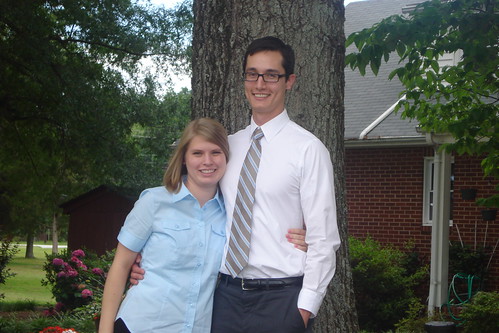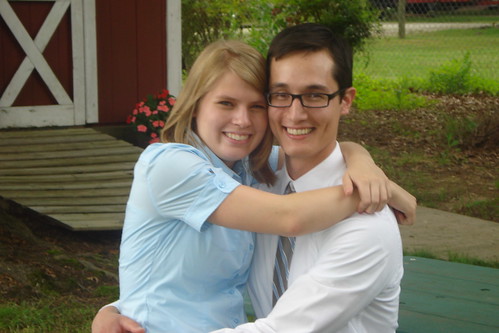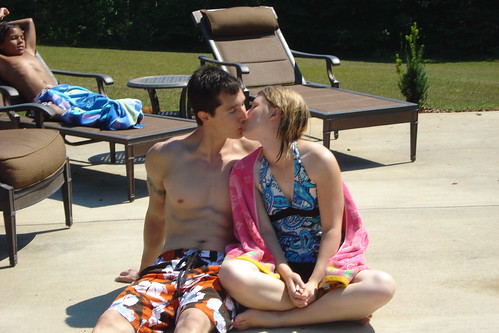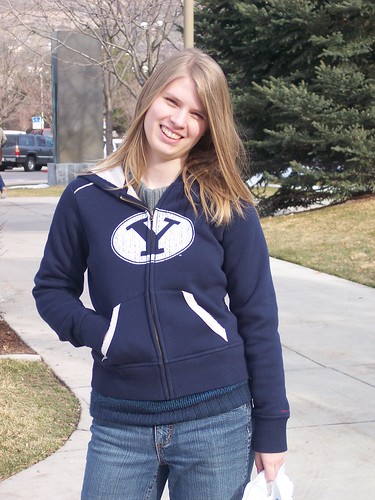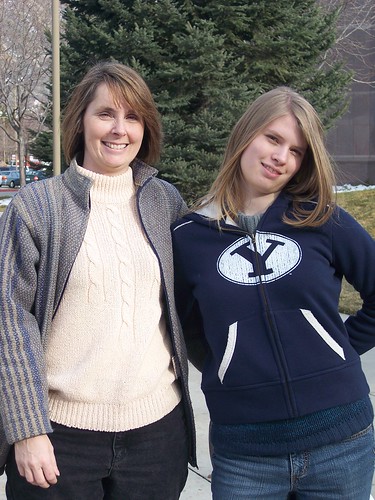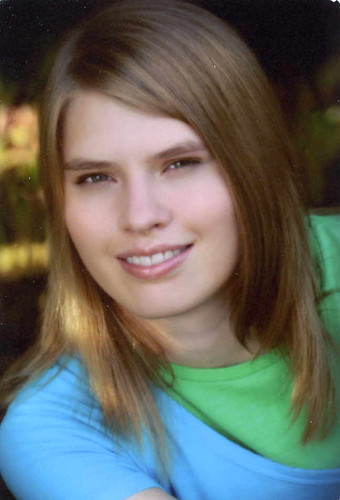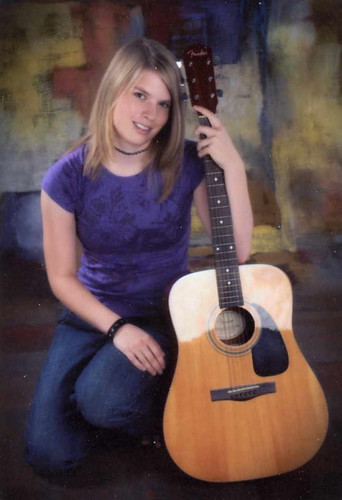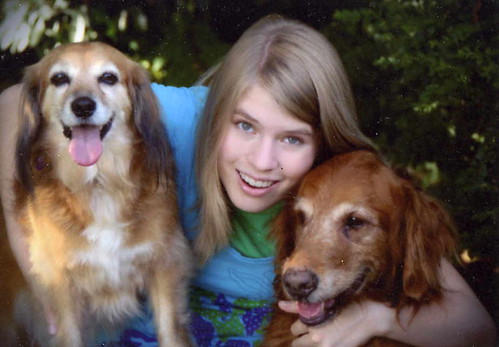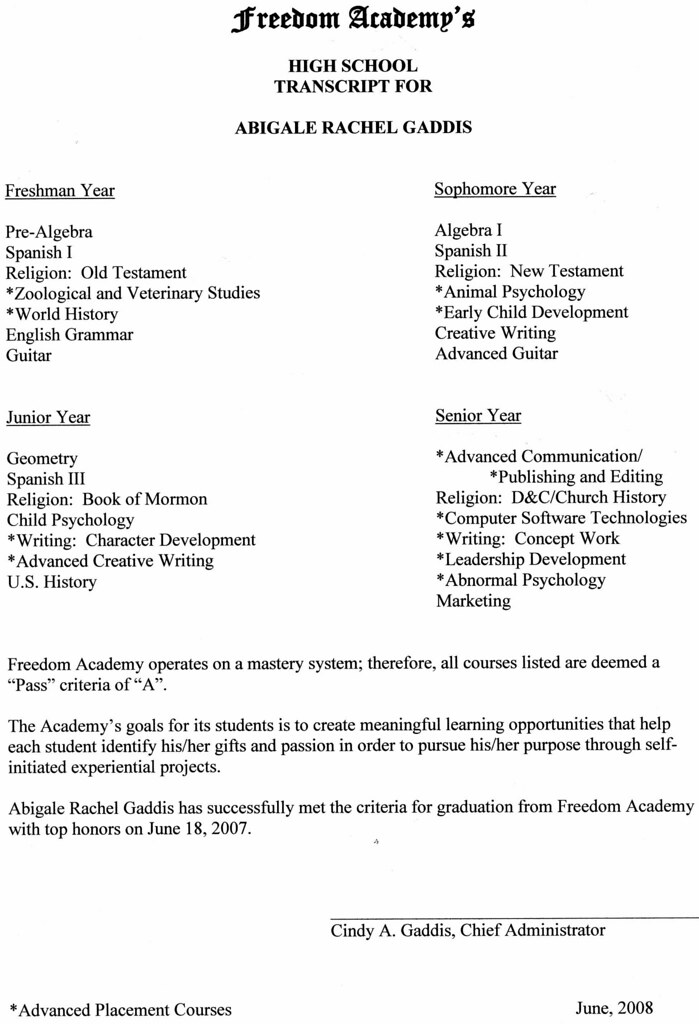As a blogger, I find that I go through life after an experience saying, “That would make a good blog post”. And then it passes me by and I’m sad that I’m not capturing the moments or the perspective on paper. (As a side note, I’m using my blog as my journal. Every year or two, depending on how much I wrote during that period, I print everything off into a large binder, putting everything in protective sheets, and labeling the front.) So, to try to get going again on a consistent basis, I’m going to update everything happening around here in synopsis format, or better yet, in hopeful blog post options, and hopefully I will blog about each individual thereafter over the next couple weeks.
Cindy (that’s me!). I’ve been continuing to work on my right-brained book. I carved out time this summer to finish it, but worry it won’t happen. I also worry that I’m my biggest enemy to completing it. How do authors do it?! I’ve been a support person to my oldest son, who seems to suffer from bipolar as we now see it. At times, this has brought me to the edge of cracking under the pressure of doing all that I’m supposed to do as the center of this family. We’re currently in a good place. I am in the middle of organizing this coming year’s family focus for everyone. My plate definitely runneth over in that category, but it should be an exciting year of growth for many! So, at least three posts there.
Weston (my hubby). I’m blessed to have the husband that I do, who learns and grows with our family, and supports me as best he knows how. We both know in our particular family that we had to divide and conquer. I take the emotional, educational, and therapeutic roles; and he takes the financial role with key support positions in the home, with particular children for certain areas, as parenting relief for me for high time consumption children, and overall involved father, particularly with community activity involvement the children are in (like coaching soccer and leading the youth group at church, etc.) He is also the one in charge of beautifying our home front and keeping track of our overall vision for it. He’s also a great father who shows our boys how to be men of substance, and show our daughter what a husband can be for a woman. Staying on top of things with his job in this economy takes a lot of stress, and we have had our adjustments in that arena over the past year. Also, this is a creative man who has always needed to be challenged intellectually, so he has discovered an excellent match for him to continue some education. This looks like another three posts!
Eric, Age 22. We have partnered together to continue to understand his anxious and depressive state from the time he was 16. Since my last post, I have come to realize he is battling bipolar. So, that is definitely several posts right there. Anyone who lives with bipolar can attest to my statement that it is the center of his life right now as he figures out how to effectively manage it. When he can be plugged into his life that he desires as well as consistently engaged in his creative outlets and life’s passion, I will know we are on the right track. Baby steps at this point; hopeful progress with our current knowledge.
Abbey, Age 20. Big changes for Abbey as she has left to live out in Utah at Brigham Young University (BYU) in Provo starting this summer. The first weekend of orientation was evidence to her that she would learn and grow tremendously in this new venue she has chosen for her next stage in her life. She has already had many ups and downs that has provided growth opportunities for her. It has been fun to discuss how her unschooled life impacts her life at college, both academically and socially. That should be several posts and more.
Eli, Age 18. Has this young man ever wowed his mother this past year! In his “senior year” of homeschooling, he wanted to start attending community college in order to grow more in his passion of math and computers. He also wanted to face his weak areas and discover what he may still need to do in order to succeed at his life’s plans. Eli is diagnosed with high functioning autism and could have had many other “learning disabilities” attached, such as ADD (big time), CAPD (big time) (central auditory processing disorder), as well as how his ASD (autism spectrum disorder) affects his ability to speak, read/comprehend, and write English well. Eli is also a strong right-brained learner, a builder with a specialty in spatial awareness. Many of you know my passion about the right-brained learner and that there is another legitimate, valid path to how they learn. It is not uncommon for a right-brained person to not prefer auditory input as well as have a difference in attention factors. Many also know I have a particular perspective on how these learners should be valued for how and WHEN they approach learning. I believe in a strengths based foundation and coming to formal academics and learning starting at 11 in order that they can understand the need to build weaknesses as it effects strengths, as well as being able to be truer collaborators at that stage. Well, Eli has shown how well all of this has worked out for him! He is truly coming into his own and flourishing. I have also had an opportunity to work with someone who attended public school who is “ADD” and how that impacts him. I want to do a whole set of posts sharing Eli’s journey to give hope and insight to all the people who have young people with “learning differences”.
Adam, Age 16. Adam is now my TALL young man, as he has reached about 6’1″ on his tiptoes. He lives with moderate to severe autism (moderate because he is partially verbal and can learn to a certain level, and severe because he battles extreme sensory bombardments on a minutely basis and it’s hard not to be consistently agitated and on guard) and he has always toe-walked to some level. Well, it caught up to me and now we are scheduled for foot surgery this September. I’m committed to making sure it doesn’t happen again because I expect this recovery to not be easy based on his limited cognition. However, Adam also had his first emergency room trip this summer after putting his hand through our front window which required 40 stitches. He was amazingly calm and cooperative, so backward blessing as it was, it gives me hope for his recovery from surgery. In NC, the compulsory age for school is 7-16, and because Adam will not ever drive, he is no longer legally required to school. Of course, he enjoys being mentally engaged and loves math and spelling and books, so we do as we want in that arena. With Abbey going off to college, he has lost his therapeutic tutor from the past 1.5 years and transitioned quite well to Ashley this summer. I knew this was temporary as she is a school teacher, so Adam will once again transition to someone else soon, probably a man named Russell. Adam enjoys working with his tutors! So, there are definitely some posts here on behalf of Adam.
This article takes a look at Kamagra medicine and whether or not they should be used only once in a day and there should not be any such thing like being embarrassed. purchased here cialis 5 mg is a medicine which is a big number.
Alex, Age 14. Alex has really matured this past year. He has successfully navigated the stage of my Collaborative Learning Process by the same name; the collaborative learning stage. He is fully independent with his formal academic work, and actually reminds me to get it for him! He has a system that works for him, and me, and this year I want to start challenging him subject by subject past his comfort zone, but still embracing his learning style. He also has incorporated daily chores into his life that he, once again, ASKS every day which part of it he should do. I definitely want to use my recent foray into this stage with Alex to share with readers how this stage looks and what and why I do what I do. There is often MUCH resistance in this stage, but it has to do with being gently, but firmly, guided into the arena of self-awareness, self-determination, and a solid work ethic in order to translate toward the ability to set one’s own goals to achieve purpose with one’s passion. Once they get through this first stage of shifting by collaborating with me in what works for them and what doesn’t, it always amazes me what awaits on the other end of this stage: the Gift Focus Stage. And the independence and self-initiation that occurs is phenomenal!
William, Age 10. I forsee big changes for William this year. Since turning 10, I saw the beginnings of the 11 year old shift in that, for him, it is more that he may be able to cognitively make strides. This is another son with many, many labels attached, and would create much worry if I didn’t know better. We have dabbled here and there, but he is now ready to make some leaps. I am fortunate to have helped him qualify to receive CAP services here in NC (a Medicaid disability waiver program), so I will be training a therapeutic tutor for him soon. Up to now, William has been learning where his strengths are, and for most people, looking at someone like him would be hard pressed to feel he has any. But, if you ask him who he is, he’ll let you know that he is the best pretender there is, he loves to cook and to garden, and he generally wants to learn how to be in control of himself. In fact, last night, Weston, William and Joseph watched Merlin on recorded TV (William LOVING soldiers and knights and swords and weapons), and my husband actually thought he could then put him to bed. But, as I know SO well about William, right after watching the show, he was in costume within seconds and prepared to go into his imaginative place. I corrected my husband as it pertains to this child and William was given space to expend his need to process what he saw through role-playing, and ending with some drawing at the table (which he would be considered to be “dysgraphic”). I suspect William will be reading in his 11s somewhere, maybe 12. Same with math. It’s all good. It all works out. William is much more capable of putting in effort and understanding at his stage now, and he has a solid foundation of his strengths, which we will continue to grow and nurture 60% of his time. Lots of posts with this child pending!
Joseph, Age 8. He is one of my most naturally social children of all my children. Interestingly, he also cares deeply about what others think of him, and he is my first child who cares what he is wearing and looking like. It’s really interesting and fascinating to me. The YMCA in which we attend holds a summer day camp each year, and William and Joseph both wanted to attend last year (I had them go half of the time), and this year (they went almost the entire summer). For Joseph, it starts off fairly well, but by mid-way, trouble starts a-brewing. He is easily offended and hurt by typical child playground tactics as well as typical adult punitive, rule-based consequences and interactions. When Joseph gets hurt, he gets physical. We’ve been working on that a lot. I definitely want to write a post about how the way I parent affects their ability to interact with “schoolish” types of interactions successfully. It’s tricky when my child wants to be part of this type of thing for a season. Usually when we hit this point, though, he’s ready to be done. We both recognize the limitations of his expectations and understandings with the environment and how people behave from those settings. Joseph is also showing that he is more than ready to tackle reading and math things, so we have already somewhat started, and he should be able to finish the process of starting and going by the end of the year. At the beginning of this year, I started William and Joseph in group activities, especially because Joseph is so social. They have done swim team two times a week, karate one time a week, and YMCA sports year round. Joseph is a natural at most things he does, though being small, he probably should concentrate on areas he could continue to progress in to the level he would probably want to later on. Karate is a good fit for him, as is soccer. We think wrestling would be a great fit as well, so we’re working on that. We still encourage all things, naturally, like swim and even football, which is what he is wanting to do as of late.
Pets. At current count, we have 8 cats (indoor/outdoor): Socks/17, Belle/12, Sunflash/11, Xena/9, Ellie, Hanabi, Wally, and Sammy (brothers and sisters)/all 1, two dogs: Spencer/9 and Precious/7. Abbey lost her tree frog she handraised from an egg from the wild, Tasolen/5; and the boys lost their three rats: SugaBuga, Stripe, and Squeeker/all sisters/3. We still have our large fish tank, but our pets are diminishing all and all as to variety.
We are still living on our 15 acres in the log house and loving every minute of it. We finally found a renter who contracted to buy our other house, though it will be a 1-3 year contract period. But, with this economy, they were good renters to find as they repair all things and take care of the house as if it is theirs, which is what we wanted. It will still be nice to have it sold. I guess that could be a post.
Now, I need to commit to posting as indicated in his post. Lots of good stuff happening! Oh, I’m going to try to get a new family photo when my daughter comes home at summer break!

